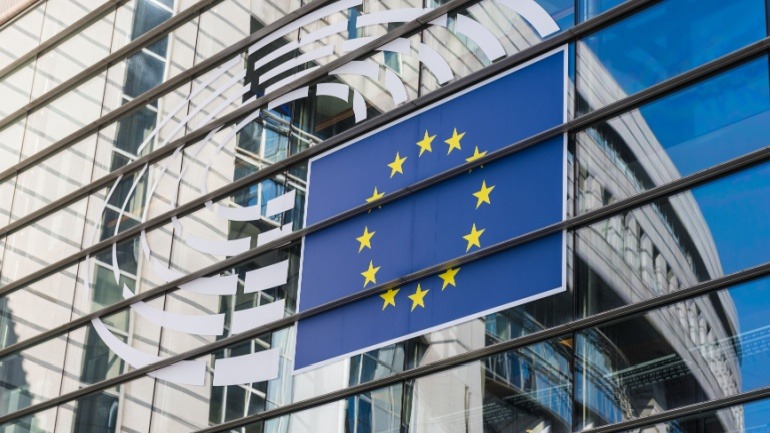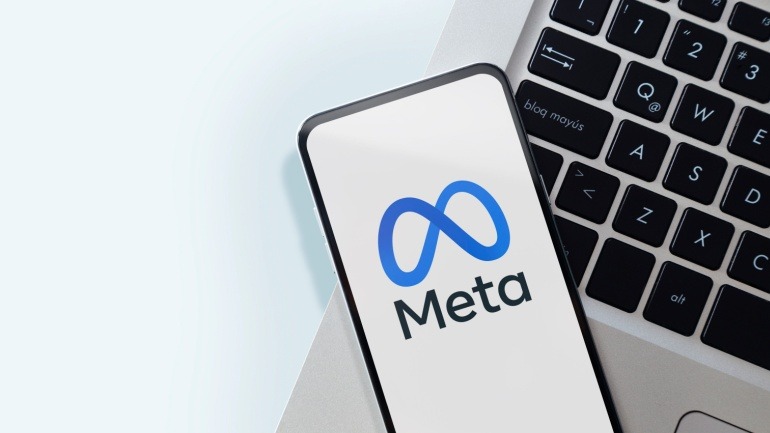The European Commission will delay penalties against Apple and Meta for violating the Digital Markets Act, opting for further review and dialogue. While earlier fines targeted anti-competitive practices, future sanctions will follow formal findings.
Hyundai’s $7.6B Metaplant in Georgia marks a leap in U.S. industrial innovation. As one of North America’s most advanced smart factories, it blends AI, robotics, and 5G to produce 500,000 electric and hybrid vehicles annually—creating 8,500 jobs by 2031 and strengthening Hyundai’s $41.5B commitment to U.S. manufacturing.
Meta is launching “Meta AI” across 41 European countries, integrating its assistant into Facebook, Instagram, WhatsApp, and Messenger. Despite regulatory delays, the AI will support six languages, with group chat features rolling out soon.
Meta is reportedly considering massive AI data centers, with a potential $60 billion project in Louisiana. While a spokesperson dismissed reports as speculation, Mark Zuckerberg confirmed plans to support LLAMA 4.
Meta’s Project Waterworth sets a new benchmark in subsea cable infrastructure, aiming to enhance global connectivity through over 50,000 kilometers of cables. This groundbreaking effort will streamline voip services across continents, crucial for sustaining global communication.
Microsoft has sold its former private 5G unit, Metaswitch, to Alianza, signaling a shift in its telecom strategy. While Microsoft’s 5G efforts struggled, this deal enables Alianza to modernize telecom infrastructure for over 1,000 service providers, enhancing cloud-native and AI-driven services.
AWS has enhanced Amazon S3 with managed Apache Iceberg tables and automatic metadata generation, offering faster query performance and streamlined tabular data management. This innovation supports real-time metadata querying, boosts analytics with tools like Athena, and simplifies handling large datasets.
Meta’s collaboration with universities propels VR education forward, utilizing Quest devices to provide unique learning experiences. The Meta for Education beta program connects institutions like Imperial College London and University of Leeds to immersive platforms.
The longstanding peering relationship between Deutsche Telekom and Meta, the company behind Facebook, has collapsed in a dispute over network fees. Deutsche Telekom accuses Meta of leveraging its power to undermine the telecom sector, while Meta claims Deutsche Telekom jeopardizes net neutrality.
Meta’s recent decision to resume using public content from UK users on Facebook and Instagram for AI model training showcases a strategic move to enhance its AI capabilities. This change, following regulatory discussions, aims to better reflect British culture and language, keeping Meta competitive in the AI landscape.













